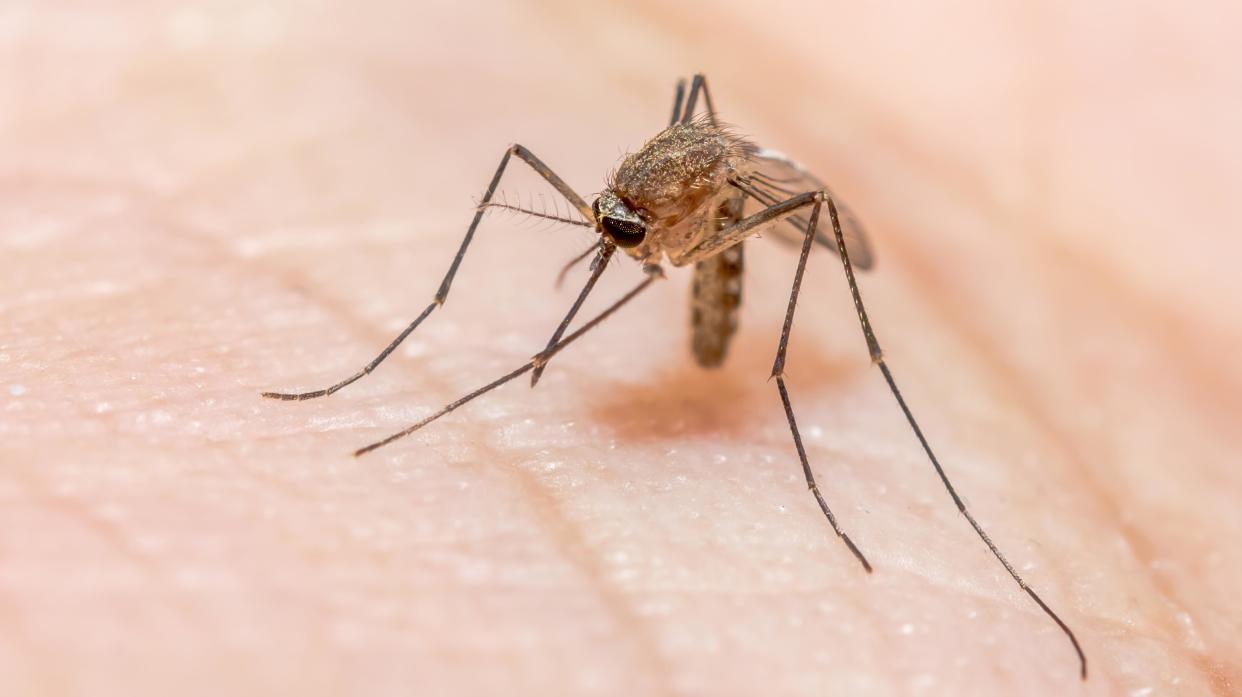Malaria Comes to Arkansas: State Reports First Locally Acquired Case

An Anopheles mosquito.
One of the world’s most dangerous infectious diseases is encroaching further into the U.S. This week, health officials in Arkansas reported a locally acquired case of malaria, the first ever documented in the state. At least three other states have reported local cases of the mosquito-borne infection this year, though the overall risk of malaria to the public remains low, according to the Centers for Disease Control and Prevention.
Malaria is caused by several species of the Plasmodium parasite, with most cases caused either by Plasmodium vivax or Plasmodium falciparum. Its harm can range from mild flu-like illness to severe anemia and life-threatening organ damage. The parasite is usually spread by female Anopheles mosquitoes, though it has rarely been transmitted through medical procedures and from mother to child in the womb or during delivery.
Read more
R.I.P. Shawna Trpcic, costume designer for The Mandalorian and Firefly
Former Landlords of 'Postal Karen' Says She Has A Bizarre History of Calling Police
Walmart Customer and State Trooper Make a Scene in the Checkout Line
Malaria is not contagious between people. And the CDC noted in its August report that the “risk of locally acquired malaria is very low in the United States.” The malaria parasite found in these cases, P. vivax, also tends to cause less severe illness than its sibling. But there is a remote possibility that the disease could reestablish itself in areas of the southern U.S. where it was once endemic, if we’re not careful. Interestingly enough, it’s not certain that climate change will cause a net increase in malaria cases worldwide, though there is a stronger case that it will strengthen other mosquito-borne diseases like dengue.
On a positive note, scientists have recently developed important tools to combat malaria. Just this week, the World Health Organization gave its blessing to a new childhood malaria vaccine, the second to reach the public since 2021. Other programs using novel techniques like genetically engineered mosquitoes might also become commonplace in the near future.
More from Gizmodo
Armed Biker Who Attacked A Philly Woman Was Turned In By His Boss: Police
Couple Dies After Ferrari, Lamborghini And Campervan Crash In Italy
Vince Gilligan reflects on "the dumbest thing" he did while making Breaking Bad
Sign up for Gizmodo's Newsletter. For the latest news, Facebook, Twitter and Instagram.

